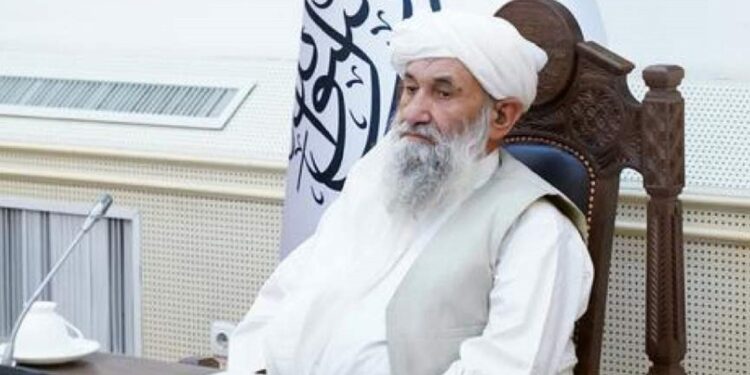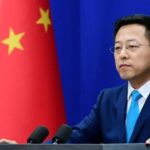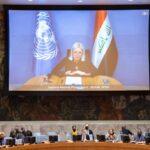The Islamic Emirate marked 100 days in power on Tuesday, following repeated diplomatic efforts led by Amir Khan Muttaqi to achieve international recognition for Afghanistan’s new government, which is led by Mawlawi Hebatullah Akhundzada, the Islamic Emirate supreme leader.
Islamic Emirate officials flew to various regional countries–and further–to seek engagement and to build relations with foreign governments. In return, representatives of at least six countries visited Afghanistan and held talks with officials.
Faiz Hameed, general-director of Pakistan’s Inter-Services Intelligence (ISI), Shah Mahmood Qureshi, Pakistani foreign minister, Abdulaziz Kamilov, Uzbekistan’s foreign minister, Mutlaq bin Majed Al-Qahtani, special envoy of the foreign ministry of the state of Qatar, Hasan Qazemi Qomi, Iran’s special envoy to Afghanistan, Germany’s Special Envoy for Afghanistan and Pakistan Jasper Wieck, and the Dutch Special Envoy for Afghanistan Emiel de Bont are foreign officials who visited Afghanistan during the first 100 days of the Islamic Emirate.
“The diplomatic and foreign policy of the Islamic Emirate was limited to some neighboring and regional countries during the hundred days. Countries are waiting to see whether the Taliban will fulfil whatever they committed to earlier or not,” said Fakhruddin Qarizada, former adviser to the Ministry of Foreign Affairs.
During the first 100 days, six significant regional and international meetings were held on Afghanistan. Iran, Pakistan, India, Russia, China hosted meetings on Afghanistan, and G20 leaders and as well as the United Nations Security Council (UNSC) discussed Afghanistan’s issues in separate sessions.
Against expectations, the recognition of the Islamic Emirate government was not discussed at the meetings; and the outcomes of the meetings were mostly alike.
The meetings mainly focused on–and stressed– topics such as an inclusive government, human rights, freedom of expression, the right of education and employment for Afghan women and girls, and Afghanistan’s soil not being used as a platform for insurgency.
In reaction to the statements of many of the meetings, the Islamic Emirate officials insisted that they have fulfilled the demands.
“The world countries and region have one opinion about the Taliban that they must change, and they (the Islamic Emirate) must act in accordance with international standards; however, I think the Taliban deserve to be recognized,” said Abdul Moqadam Amin, political analyst.
At the same time, some regional and world countries including Pakistan, China, Russia and Britain stressed that they would take steps toward engagement with the new government in Afghanistan to assist in overcoming the crisis in the country. UK Prime Minister Boris Johnson said: “”They may not speak for all Afghans, far from it, but they are some kind of authority.”
Currently, it is reported that eleven countries, including Iran, Pakistan, China, Russia, Turkey, Qatar, Uzbekistan, Turkmenistan, Kazakhstan, Kyrgyzstan, Italy and United Arab Emirates, have open embassies in Afghanistan.













